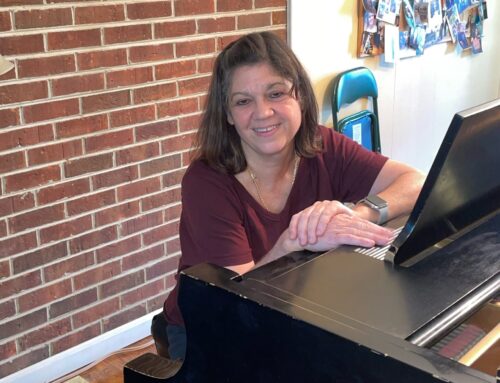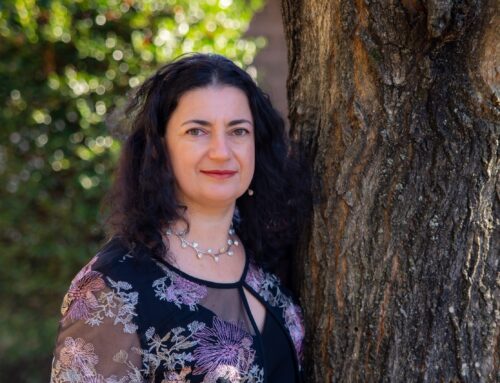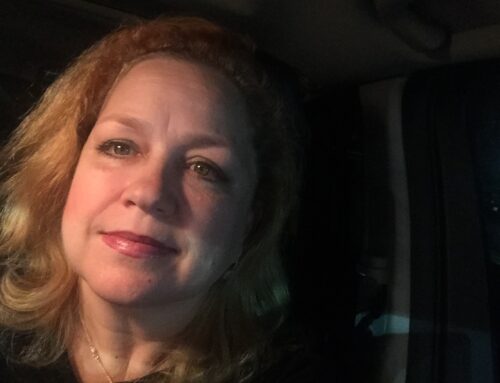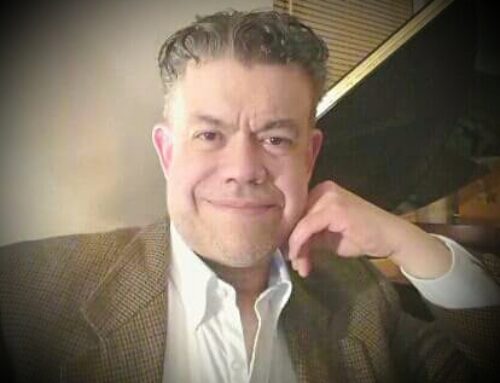Theory Mastery Team
Here is the terrific team that runs NVMTA’s Theory Mastery Day! This year marked their 8th year of leading this event! Thank you for your for dedication to this important program for Northern Virginia teachers and students! (left to right: David Kosutic, Narciso Solero, Maiko Chiba, John Harrison)
This article was compiled with the help and ideas of eight teachers who participate in Theory Mastery Day. It represents a wealth of information which hopefully will be helpful to all teachers.
Why theory?
Music is more than just playing the right notes. It’s about understanding how they work together. The Virginia Music Teachers Association sponsors a state-wide theory test each year with levels ranging from Primer to 12. In Northern Virginia the event is held in February and is called “Theory Mastery Day”. These tests help build confidence, deepen their knowledge, and celebrate their progress.
See NVMTA.org for the event’s requirements and description.
Why Should Students Participate in Theory Mastery Day?
Laura Marchisotto Bogart points out that theory study is a gateway to understanding a piece. A student of theory gains a much deeper understanding of form, harmony, pattern, melody, analysis, and relationships between sections. A thorough analysis of any piece makes fluent reading, improves comfort with unusual harmonic combinations, improves recognition of specific harmonies and the relationship between them.
Marjorie Lee said, “Theory knowledge informs students’ understanding of the structure of pieces they are studying, the punctuation of phrases, the function of the rhythmic pulse and enables secure memorization.”
David Kosutic adds, “It helps students to recognize patterns and integrate concepts with their playing so they can understand and produce results more easily. We have to learn the grammar and vocabulary of the language of music to share it effectively and be fluent—like any other language.”
Some teachers also participate because it is a requirement for entry into the Northern District Auditions. Another plus is the value of quantitatively measuring their student’s progress in learning music theory and the step by step progress of moving from one level to the next. Students gain pride in their theory knowledge and success and it provides motivation to improve.
Why Should Teachers Participate?
Preparing your students to take theory tests is a great way to keep your own theory skills at a high level! Preparing students for the tests and grading the tests on the exam day is a great way to hone these skills and make sure you keep them well-oiled.
You can improve as a teacher when you can explain theory concepts, recognize intervals and chords in music, and analyze repertoire. You can discuss questions on the exam day with other teachers if you need help with concepts or grading. This can be enjoyable and enlightening. Karen Mahler said, “[Participating in Theory Mastery Day] gives me sort of a “teacher report card”–an outside goal that helps ensure I am hitting theory benchmarks each year with my students.”
It is also a great way to foster community and engagement in the NVMTA organization. Working together can help build friendships. You can learn from each other and meet new people.
How to Prepare for Theory Mastery Day
There are numerous options for preparing students for these exams. Many teachers work on theory weekly at every lesson. Ronit Seter says that “Ear Training and theory usually take precedence in our monthly group lessons during the summer and the three months before Theory Mastery Day.” In addition to weekly theory assignments, Rene Johnson has monthly group lessons by level between September and February. Students take a couple of sample theory tests in January as the final preparation before the formal test.
Resources for Preparation (recommended by the group of teachers listed at the end of this article)
- Books
- Royal Conservatory of Music theory curriculum. (levels 1-10)
- Piano Theory Books by Julie Johnson. (levels Primer-10)
- Starer Rhythmic Training
- Snell and Ashleigh Theory book series,
- TCW, (Theory Gymnastics spirito and more)
- Rhythm Antics by Joanne Haroutounian
- Websites
- Apps
- NoteRush
- Earpeggio (available as an app and on the website)
- Staff Wars (review of this app)
- Rhythm Cat
- Worksheets and Practice Tests and Other specific links
- Practice tests from the VMTA site.https://vmta-music.org/. Look in the Membership area.
- Spreadsheet with level specific exercises (through level 8) (compiled by Rene Johnson)
- Worksheets (contact Karen Mahler directly)
- Other resources
- White boards, from home depot. Ask them to cut the board into individual work boards for students. I drew a staff on the back with permanent marker and use flat beads (similar to this) to drill note names, pentascales and all kinds of chords. The white board side has endless uses. (Rene Johnson)
- music paper,
- Theory tests (Kjos Series (concepts of Gary Amano and his students)
Advice to teachers new to Theory Mastery Day
- Start planning early–like during the summer. Identify which level would be a good fit for each student. Study the requirements and sample tests found on the VMTA website. Plan how to prepare your students throughout the year so they’ll be ready to take the test. (Rene Johnson)
- If in doubt about the level, choose a lower one. (Faith Zuniga)
- Definitely try the practice tests. (Be careful because some of the practice test answer keys have errors) (Faith Zuniga)
- Attend Nancy Breth’s sessions where questions and answers are extremely useful. (Marjorie Lee)
- Enter! It will help your students become the musicians that you want them to be. They have to recognize/understand chords and scales and patterns to easily learn, memorize, and absorb the complexity of a musical score. (David Kosutic)
- Try it even if you think that you can find better resources and tools online.The kids get more out of it-and appreciate its better significance. The reason is simple: it is significant for the teachers, who are willing to spend 3-4 hours of our time grading, hence, it is important for the students too. (Ronit Seter)
- Just start it. It becomes routine the more you participate. (Laura Marchisotto Bogart)
Adding Theory to your studio:
- Adding theory to your piano program–ideas:
- Spend regular studio time on extra theory review.
- Once a month group lessons based on skill level.
- Practice theory tests.
- Theory lab after lessons for 15 minutes with activities they complete independently each week.
- When a student is beginning a new piece, this is a perfect opportunity to build in theory lessons into the regular lesson time. Each level of exam for theory day has an analysis section in which the students must analyze a new piece of music without hearing it first. Once a new piece has been selected in a student’s lesson, ask the student to “become a musical detective” while taking a visual tour through the score.’ What is the key signature? What is the key of this piece? Let’s hunt for a harmonic 3rd within the score. What is the name and quality of this triad in the piece? I have often found that when students make the connection between a theory concept and its application in an actual piece, the concept becomes both more understandable and more meaningful. (Michelle Unadkat).
For Parents
Look for teachers who participate in this event and if they don’t yet, ask them if your child can participate!! Your children will gain so much! Your children will learn theory in this organized, step-wise way and it will help them immensely in their music studies!
If you are helping your child to prepare for the test, you can use some of the resources mentioned above as a guide. Flashcards are often very helpful for levels 1-4 in particular. (note naming, chord names, key signatures).
In addition, reviewing sample tests with your child also helps them to perfect their test taking skills (especially important for the earlier levels and for young children who still might need to learn how to do matching exercises, for example).
How do your children benefit? “They gain confidence and knowledge! They feel so pleased with themselves when they do well. And there is a very broad range for success in Theory Mastery, which I appreciate since our students are all diverse and some struggle with different things,” said Karen Mahler.
For NVMTA Teachers
Plan to participate in Theory Mastery Day next year! It is so valuable for both teachers and your students! Teachers can learn a lot, make new connections with others, and students will be able to speak the language of music better and better each year. It’s a big accomplishment for them for which they should be proud.
Karen Mahler‘s advice is “Give it a try with a few of your students who may be willing to try something new. There are excellent resources online and the teachers in NVMTA are so helpful to share what works with them. Don’t be afraid to ask around!” Michelle Unadkat adds, “Participating in [Theory Mastery Day] ensures that each and every student has a solid “foundational” understanding of why music works.”
Thank you to Laura Marchisotto Bogart, Rene Johnson, David Kosutic, Marjorie Lee, Karen Mahler, Ronit Seter, Michelle Unadkat, and Faith Zuniga for sharing thoughts, resources, and ideas for incorporating music theory into piano lessons.







